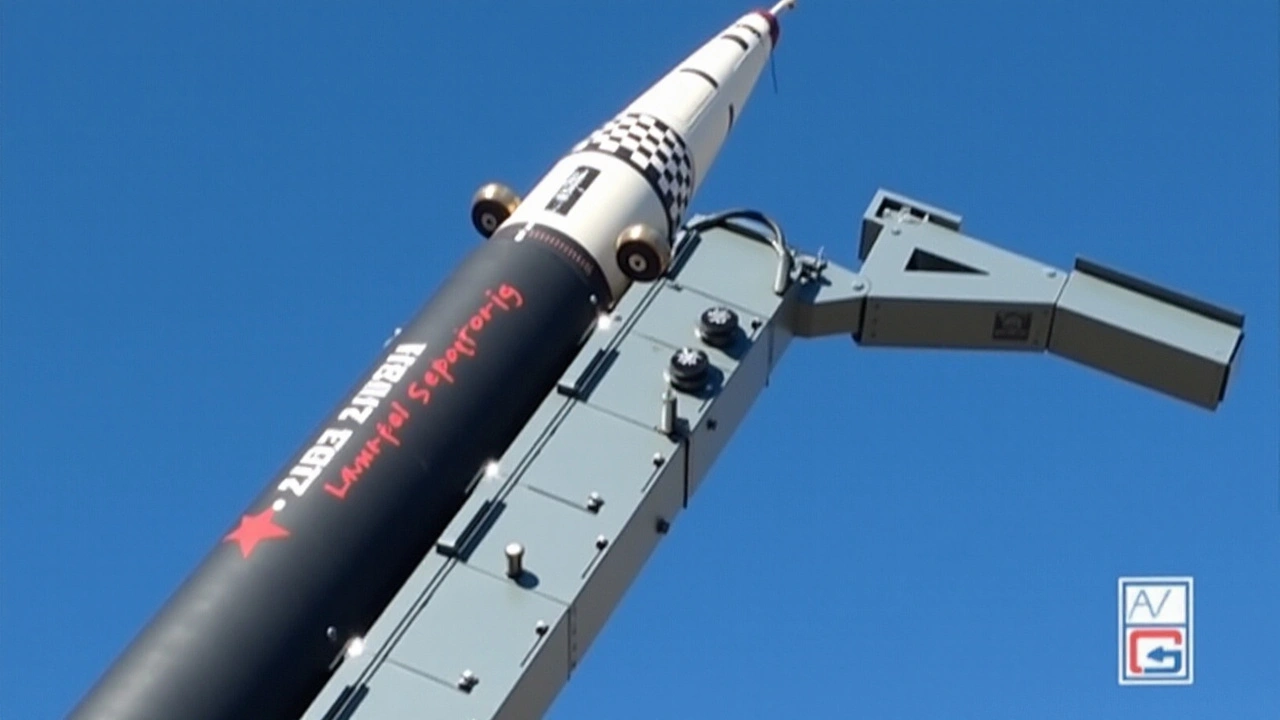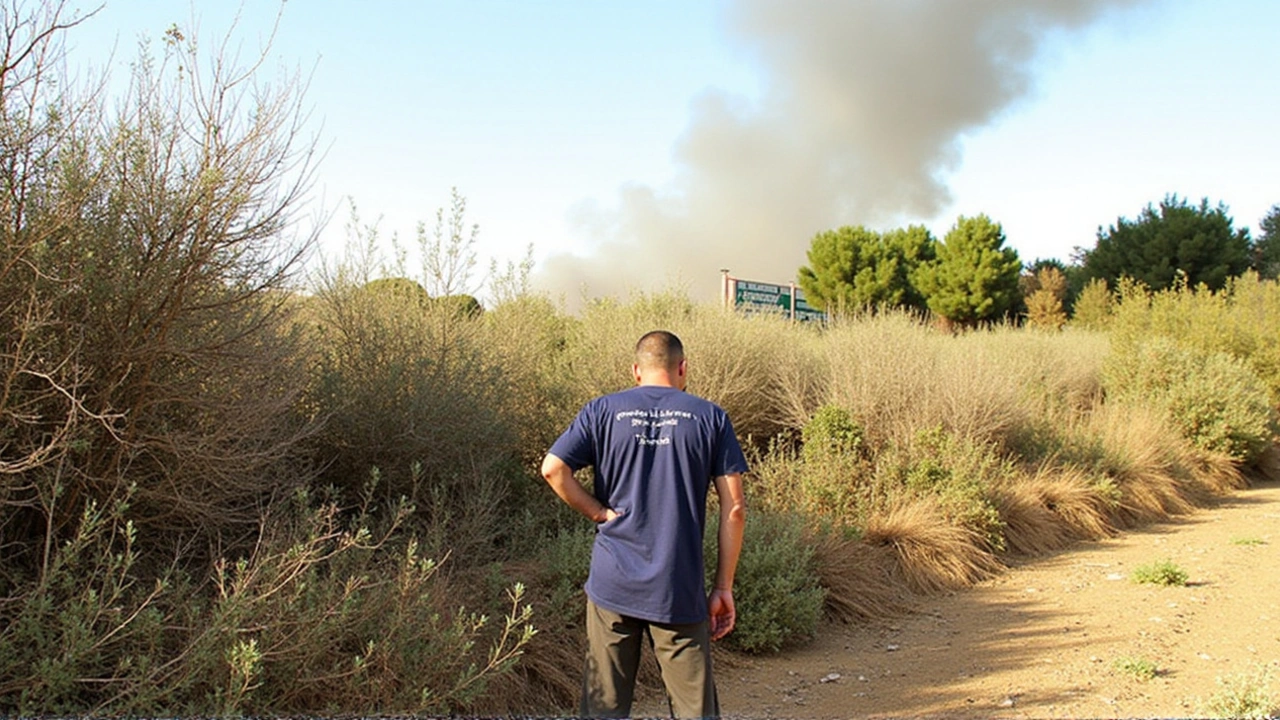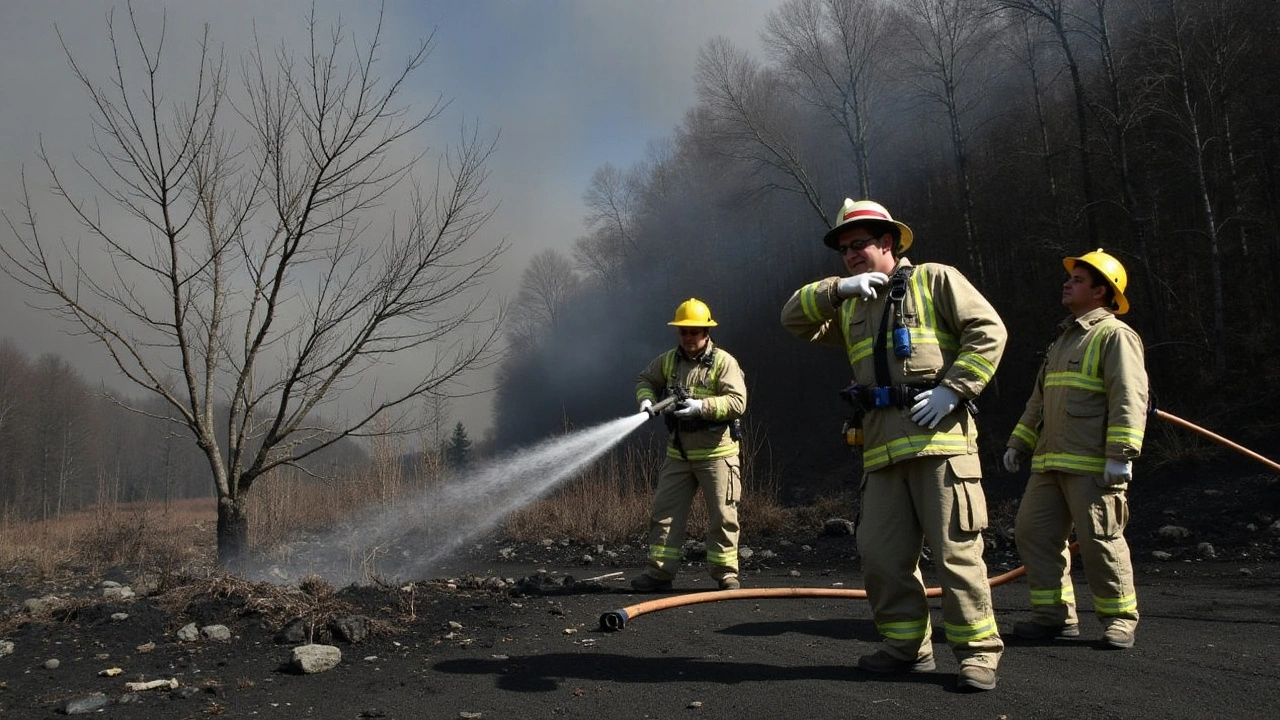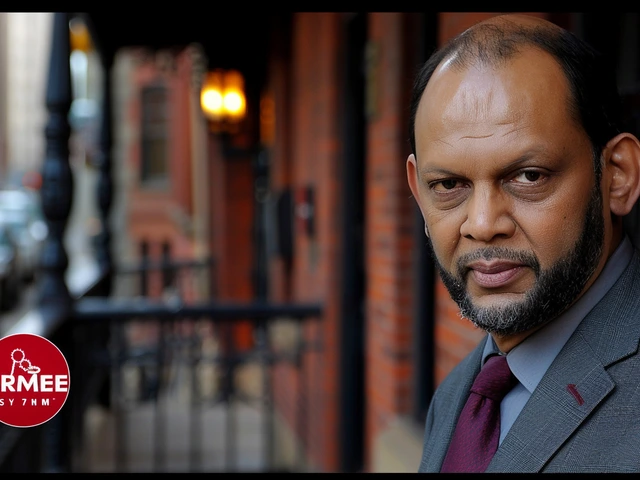Missile Attack Shakes Central Israel
On a tense Sunday evening, Yemen’s Houthi rebels, officially known as Ansar Allah, announced that they had launched a ballistic missile toward central Israel. What makes this incident particularly notable is their claim that the missile was hypersonic, a statement that has been met with skepticism by Israeli authorities. The missile reportedly targeted a military position in the Jaffa area, causing a fire but miraculously resulting in no direct casualties. However, nine individuals sustained minor injuries while seeking shelter from the attack.
The missile attack has raised numerous questions and concerns, not just about the Houthis' capabilities but also about the state of Israel's defense systems. Indeed, despite the deployment of advanced defense technologies, the Houthi missile was not intercepted. Houthi media asserted that no fewer than 20 Israeli missiles failed to intercept the projectile, a claim that underscores the growing tension and technological competition in the ongoing regional conflict.
A Question of Hypersonic Capability
Hypersonic missiles travel at speeds greater than Mach 5, making them incredibly challenging to intercept. The Houthis’ claim to use such advanced technology has sparked a wave of speculation and concern. The Israeli military, however, has been quick to deny this classification, raising doubts about the veracity of the Houthi assertions. Regardless, the fact that the missile managed to evade interception suggests a new level of complexity in the ongoing conflict.
Adding another layer of intrigue, it remains unclear how the Houthis could have obtained such advanced technology. Iran, often accused of supporting the Houthis, has denied any involvement. On the other hand, the rapid technological advancements seen in asymmetrical warfare suggest that state and non-state actors alike are continually evolving their capabilities.

Regional Reactions and Consequences
The fallout from the missile attack has been swift and fierce. Israeli Prime Minister Benjamin Netanyahu quickly condemned the act, promising that the Houthis would pay a 'heavy price.' The missile attack is seen in the wider context of the regional geopolitical landscape, where the Houthis have aligned themselves in solidarity with the Palestinians in Gaza. Given the recent intensification of Israel’s military campaign against Gaza, the Houthi missile attack can be seen as part of a broader retaliatory strategy.
Air-raid sirens blared across central Israel, including in Tel Aviv and at Ben Gurion International Airport, signaling the gravity of the situation. The most unsettling aspect of the attack is that it marks the first time a Houthi missile has successfully reached central Israel, a troubling development that adds another layer of complexity to the already fraught Middle Eastern political landscape.
Context of Ongoing Conflict
The Houthis’ missile attack is not an isolated incident but part of an ongoing series of military actions and retaliations. They have previously launched drone and missile attacks on other Israeli targets, actions motivated by their support for Palestinians and their opposition to Israeli military activities in Gaza. These attacks have persisted despite efforts by a US-led military coalition to repel the Houthis, emphasizing the resilience and determination of the rebel group.
Hamas, another group embroiled in the regional conflict, responded to the missile attack by calling it a 'natural response' to Israeli aggression. Such statements highlight the interconnected nature of the various groups and conflicts in the Middle East, each event further entwining the already complicated web of alliances and enmities.

Ongoing Uncertainties
The immediate future remains uncertain. While Israel has pledged a robust response, the Houthis and their allies show no signs of backing down. The deployment of a missile with the potential to evade advanced defense systems is a worrying development that will likely prompt further military and technological escalation. As the world watches, the high-stakes game of geopolitical chess continues to play out in a region long accustomed to turmoil.
For now, the people in central Israel, from Tel Aviv to the surrounding areas, will remain on high alert. The air-raid sirens may have silenced, but the echoes of the attack linger. The missile may have fallen in an open area this time, but the underlying tensions that led to it remain as perilous as ever. The international community will undoubtedly pay close attention to the resulting dynamics, hoping for stability but preparing for further unrest.










Write a comment